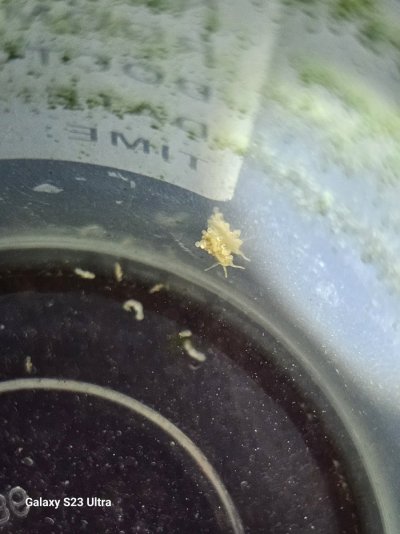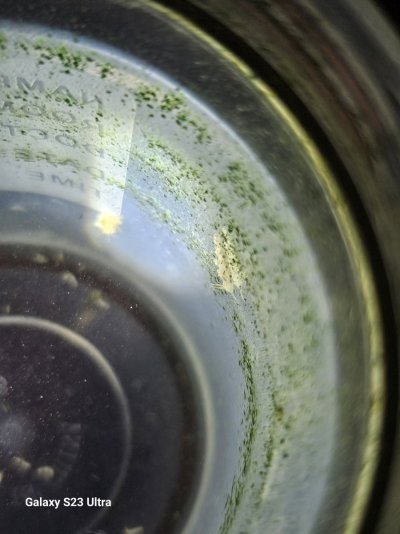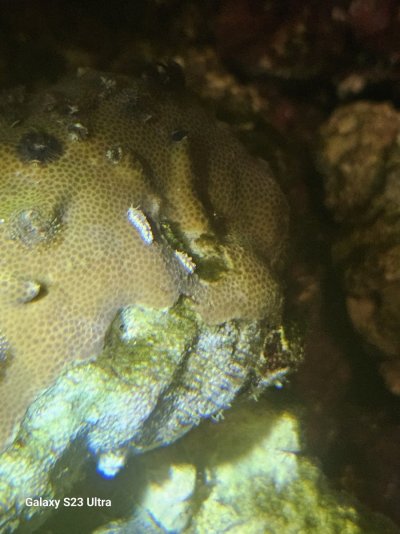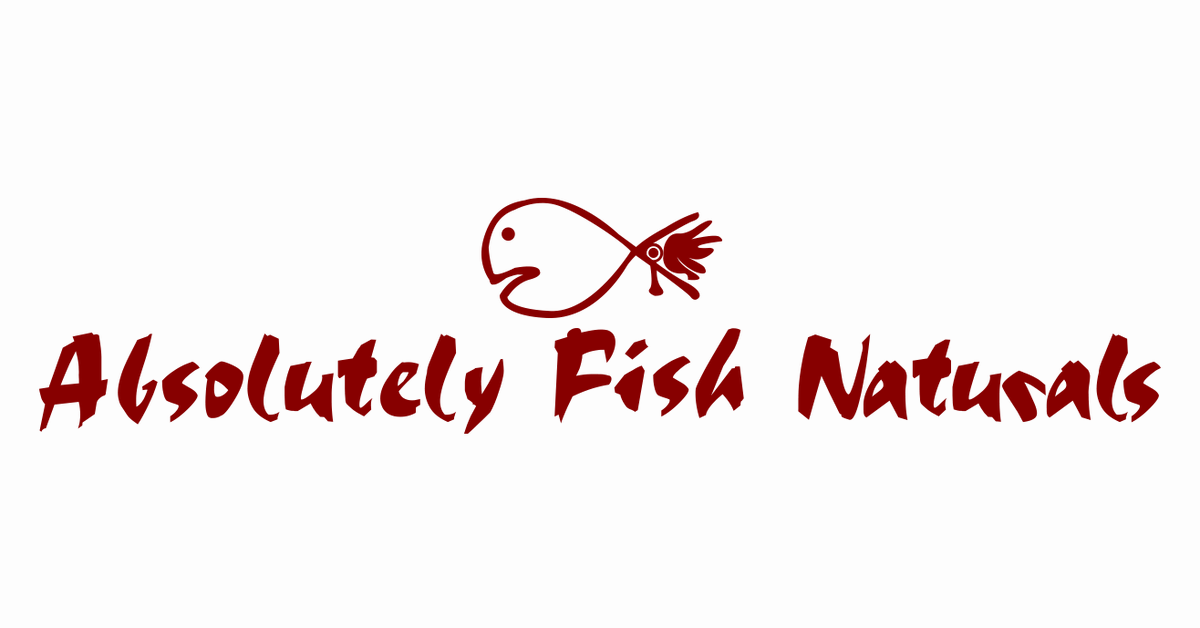- Joined
- Feb 16, 2018
- Messages
- 91
- Reaction score
- 50
Hello i was looking at my tank with the ligjts off and noticed some white spots on my christmas tree worm rock that has what i believe is a porites coral. As i looked closer i noticed thry looked like nudibranchs with white sac looking things. Idk what kind they are so i pulled them out and put them in a container. Ive had the christmas tree worm coral for a month and never noticed these before.

























